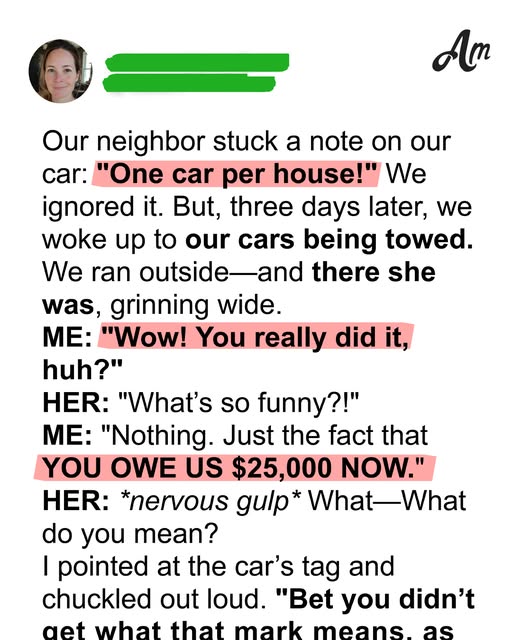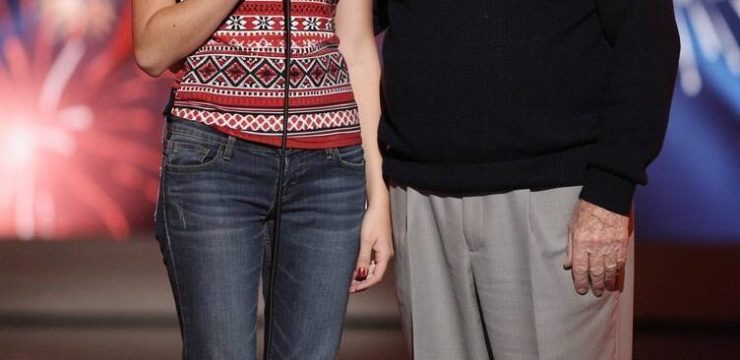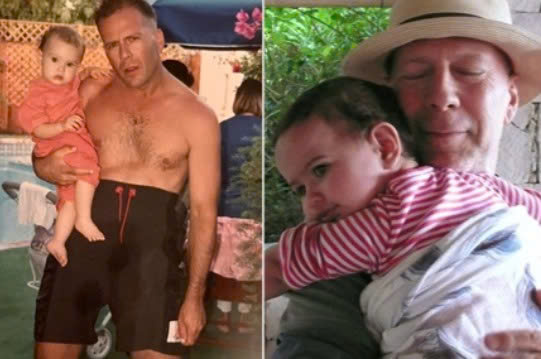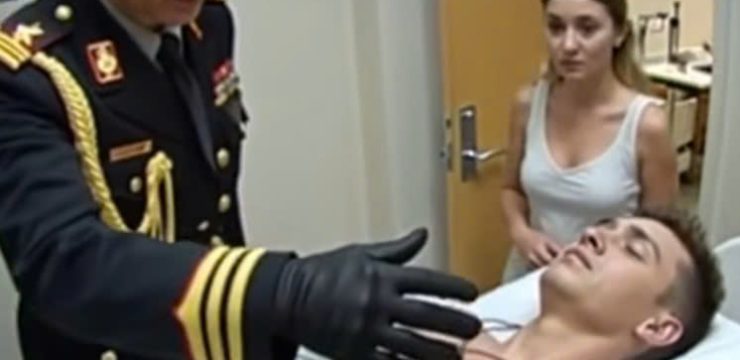When Jack and I moved into our temporary rental house, we expected a quiet, uneventful stay. It was just a short work assignment in a modest one-story home in a peaceful suburb, complete with tan bricks, green shutters, and a lawn that hadn’t seen water in weeks. We hadn’t even finished unpacking when the doorbell rang.

A woman stood on the porch wearing a pink cardigan and white capris, holding a tray of cookies and a smile that didn’t quite reach her eyes. “I’m Lindsey,” she chirped. “I live across the street. Just thought I’d say hello.” We thanked her politely, but her eyes darted past us, scanning our living room, hallway, and even down the corridor as if inspecting every inch. “Settling in okay?” she asked, blinking rapidly. We told her we’d just moved in. That’s when she mentioned the HOA rule—only one car allowed in the driveway per household. Jack raised an eyebrow. We had two cars parked neatly on the driveway. No street parking involved. “We’re just here temporarily,” I said. “Not permanent residents.” Her smile widened. “Rules apply to everyone.
That’s the beauty of it.” We closed the door, baffled. “She’s already memorized our license plates,” Jack joked. We brushed it off, chalking it up to a nosy neighbor with too much free time. Then, three days later, we woke to a strange noise—metal clanking and engines humming in the driveway. Rushing out barefoot, we were stunned to find two tow trucks lifting our cars. “What’s going on?” I demanded. The driver replied, “Violation of HOA regulation. Orders came in this morning.” Standing nearby, Lindsey watched in her lavender robe, sipping coffee with a satisfied smirk. “You really did it, huh?” I said loud enough for her to hear. Her expression flickered. “What’s so funny?” she asked, defensive. “Nothing,” I replied calmly. “Just that you now owe us twenty-five thousand dollars.”
Her smile dropped. “What do you mean?” Jack and I walked up to my car. I pointed to a small, discreet sticker on the back windshield—one that wasn’t meant to be obvious. Her eyes narrowed as she tried to figure it out. “What… is that?” she asked. We didn’t answer. We turned and walked away, leaving her standing there, confused and increasingly panicked. That night, once the street had gone quiet, I made a quick phone call. “We’ve got a situation,” I said. “Civilian interference.
Property tampering. Might want to send someone in the morning.” “Understood,” came the reply. Early the next morning, just as the sun began to rise, a black SUV rolled up in front of Lindsey’s house. A man in a sharp black suit and dark sunglasses stepped out, nodded at me, and together we walked to her door. When Lindsey answered in her fluffy robe, mug in hand, she blinked at the suited man beside me. Without a smile, he pulled out a badge. “Ma’am,” he began, “due to your actions yesterday morning, you are now under investigation for interfering with an active undercover federal operation.” Lindsey went pale. “What… operation?” “You ordered the towing of two marked federal vehicles,” he continued. “You compromised the identities of embedded agents. The damage caused totals twenty-five thousand dollars.” “I didn’t know!” she cried. “I was just trying to follow the HOA rules!” “You failed to verify the vehicles before taking action,” he replied. “You’ve delayed a federal investigation. You will be contacted for further action and are not to leave the area.” The mug slipped from her hands and shattered on the porch. Jack stepped forward. “Maybe next time, don’t play sheriff of the suburbs.” I added, “Next time, just stick to baking cookies.” We walked away without looking back. Her door remained slightly open, blinds drawn, and her prized rose bushes began to wilt. From that day on, Lindsey stayed out of sight, and the neighborhood never felt quite the same.





